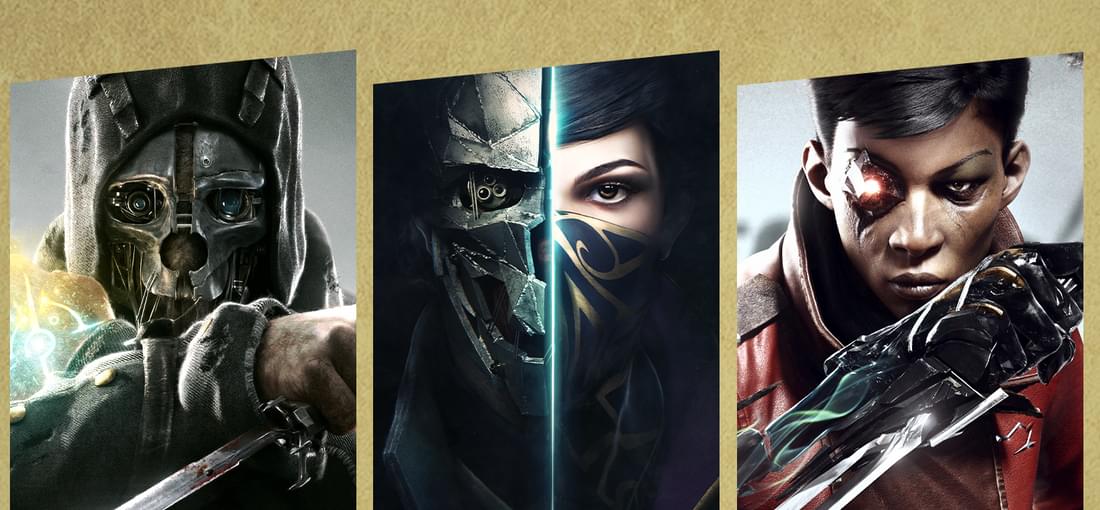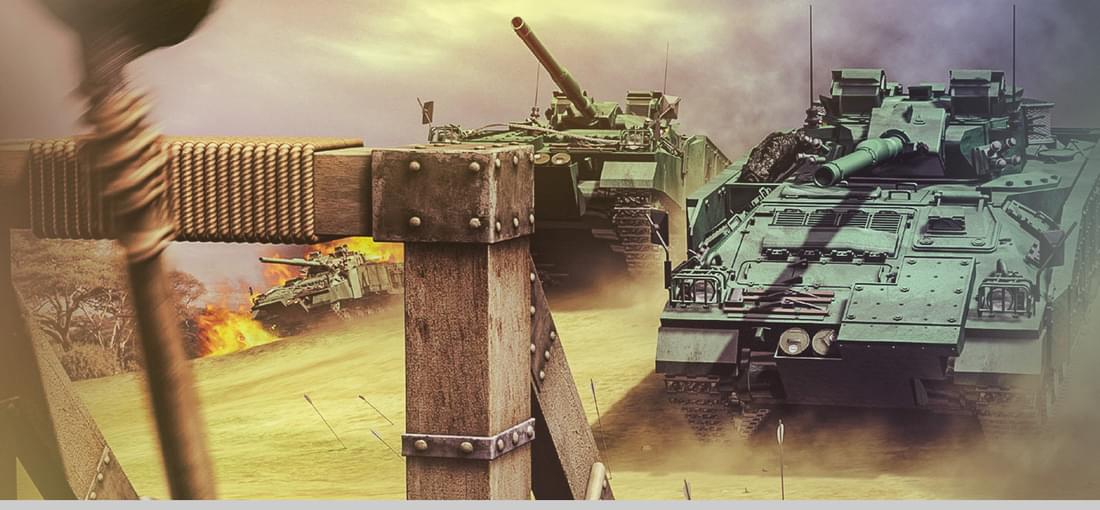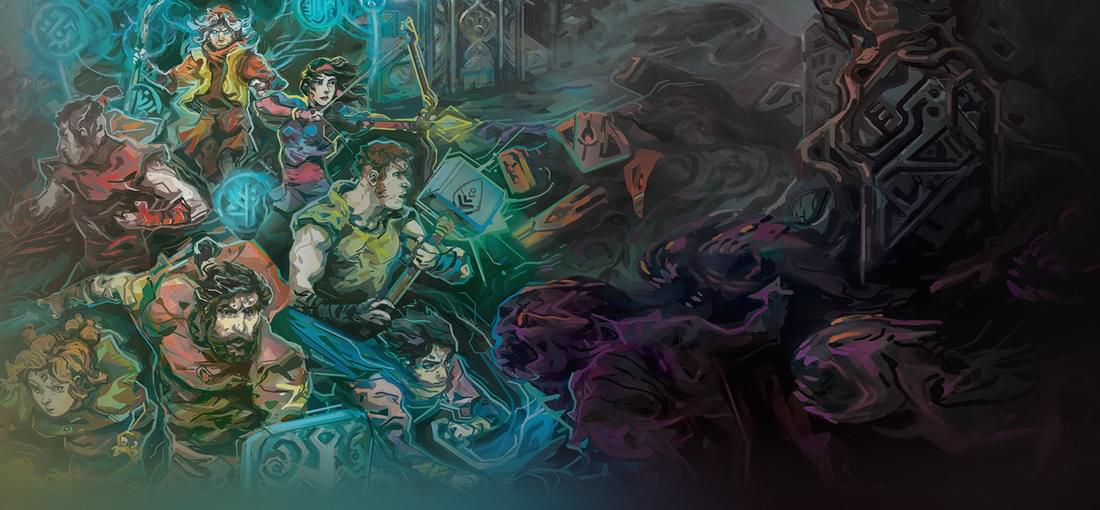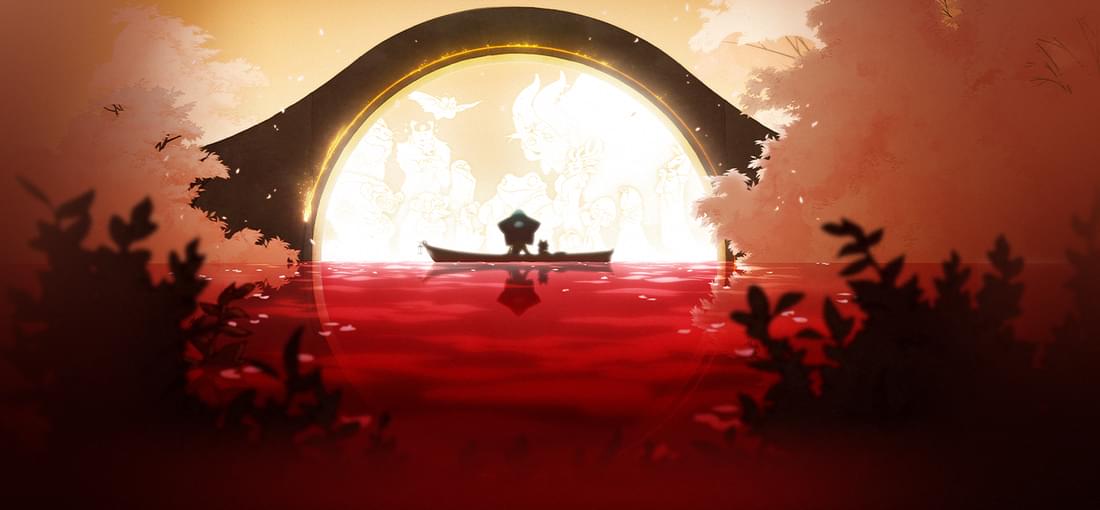


I own these games on Steam, sadly, but I wanted too add a review here because the Dishonored trilogy consists of some of the greatest games I've ever played. Growing up on Thief: The Dark Project, I always loved the stealth and steampunk vibes that the game had. That's why, when I heard that most of the devs on the then-upcoming Dishonored had worked on Thief, I knew I wanted to give it a try. It wasn't a priority at the time and took a couple years before I gave it a go but I'm kicking myself for not playing it sooner. The first game is my favorite as it has a great combination of fantastic storytelling, great level design and memorable moments. The second game has some of the prettiest graphics I've ever seen and its story is also really good; it only suffers from a couple missteps in the level design, which is solid otherwise. As for Death of the Outsider, it's essentially just more of Dishonored 2, which is not a bad thing. Dishonored is a franchise that combines remarkable storytelling, loads of player freedom, great level design and detail in the levels, along with an awesome setting and memorable characters. The stories always focus on the topic of vengeance but each one has a different inflection on that theme. As for player freedom, you can play it as an FPS instead of a stealth game if you want; when a stealth game gives you the option to go guns-blazing, then you know it's a free experience. That carries over into the level design, which is literally crafted around the notion of offering the player a plethora of paths they can take to get to their objectives (and those objectives are often pretty flexible as well). And as for the setting, it's this really cool mix of Victorian elements with apocalyptic elements. It'd be considered "whalepunk", as technology is powered by whale oil rather than steam. In general, this trilogy gives such incredible value for your purchase. All three are masterpieces and must-own titles for any fan of stealth games!

The 4X strategy genre can be a bit overwhelming and difficult to get into (though not as tough as grand strategy) but there are a couple games that have solid tutorials and less of a steep learning curve. Endless Space 2 and Stellaris come to mind at first, but... ... I'd be remiss to not talk about just how fantastic Civilization 3 is. Widely considered to be the greatest in the series, and one of the greatest 4X games of all time, Civ 3 is a brilliant example of why this genre is so fun. The progression design of the Civ series matches perfectly with the gameplay of the genre, allowing the player to begin at the start of a civilization and build their empire up through constant progression. That progression, however, is entirely up to the player. Want to be diplomatic and avoid wars? You can build your empire to do that. Prefer to just stomp on your enemies and conquer the world? Again, you can build your empire to do that. Want to isolate yourself for scientific progression or build a civilization upon trade? Those are also options. In Civ 3, you never feel like you're being overwhelmed by a million gameplay systems but at the same time, you also never feel like you're being limited. In general, 4X is basically a sandbox take on turn-based strategy gaming and if you know me, you know I like my sandbox games. You may have heard that the Civilization games have always had that "one more turn" sort of gameplay and they are not joking. Every time I start up this game, I end up spending WAY more time than I planned to because it becomes addictive: you always want to take one more turn toward building your armies, or wonders of the world or progressing toward the next scientific unlock. You're always progressing to your goals. I wouldn't say it's my absolute favorite 4X strategy game; that would be Stellaris. However, it is a landmark game that any strategy gamer should at least check out at some point. For that price point, really can't go wrong!

I've always been intrigued by the character building, gear customization and fast-paced combat aspects of action RPGs like Diablo or Grim Dawn. However, as much as I do enjoy games like that, I've always wished for them to have a deeper focus on story. Enter: Children of Morta. I got this game for free during a promo GOG ran in 2020 and I'm glad that I did, because it is fantastic. I've always been a huge fan of story-driven games ever since my dad crafted a small pen-and-paper adventure game for me to play, long before I got into video games. Children of Morta combines the best of adventure games with easy-to-understand RPG skill systems and great dungeon crawling gameplay and the result is glorious. The story tells us a tale about the Bergson family who have been tasked with protecting the world. This family theme is great because most people can deeply relate to family-themed stories, regardless of what their family is/was like. This also helps the game feel more like an adventure, instead of a loot grind like most ARPGs and dungeon crawlers do. This also creates interesting gameplay mechanics, as the Bergson family home functions as a calm base where you can break from the chaos and experience the home life of the family. Another interesting element is how each family member has their own personality and each one represents a different take on the traditional RPG "class". Also, pixel art can be a bit divisive to some people but I've never met a person who didn't at least admire the art in this game. It's probably the prettiest pixel art game I've ever seen, due to the gorgeous color palette, the fantastic detail in the art itself and the great use of lighting and effects. As pixel art tends to do, it creates a very nostalgic feel but it also does a good job of making you feel immersed into the world and the story that is woven into it. If you've ever enjoyed ARPG gameplay but wish there was a greater focus on story, Children of Morta is absolutely your game.

I received this game thanks to a contest a while back where the prize pool contained a large variety of games and I wasn't sure if I'd like it. The art looked decent and the concept was interesting but the seemingly lighthearted themes and the mention of managerial gameplay didn't sound like something I'd enjoy. However, that ended up becoming a non-issue for me. Spiritfarer actually combines light managerial gameplay with elements of adventure games, crafting games and platformers. Tied together by appealing art, a beautiful soundtrack and themes that somehow take both a serious and lighthearted look at death, it creates an experience unlike anything I've ever played. One thing I like about this game's interpretation of death is that it avoids any specific worldview and combines some of the common beliefs about the afterlife. Sure, it may not agree 100% with your personal interpretation of the afterlife (for example, I'm a Christian and it doesn't agree with my view) but it does so in a way that is very respectful, not attempting to target or attack anyone for what they believe. In spite of being a game that tackles a serious and emotionally impactful subject, it manages to remind the player that ultimately, this is just a fictional tale that is meant to convey a message of hope, regardless of one's worldview. I sincerely commend the writers for that. In terms of the gameplay, it's all extremely smooth and well-designed. Movement feels as snappy as a platformer, building on your ship is easy and intuitive, the crafting/managerial aspects are all relaxing. Often, managerial sims can be pretty stressful and involve too much micromanagement which can get old. This game does it in a way that feels very cathartic and relaxing, which works flawlessly with the overall vibe of the game. If you're unsure if you'd enjoy this game, just know that it is SO much more than it appears. It's a truly unique game with very solid developers and it's just a fantastic experience.